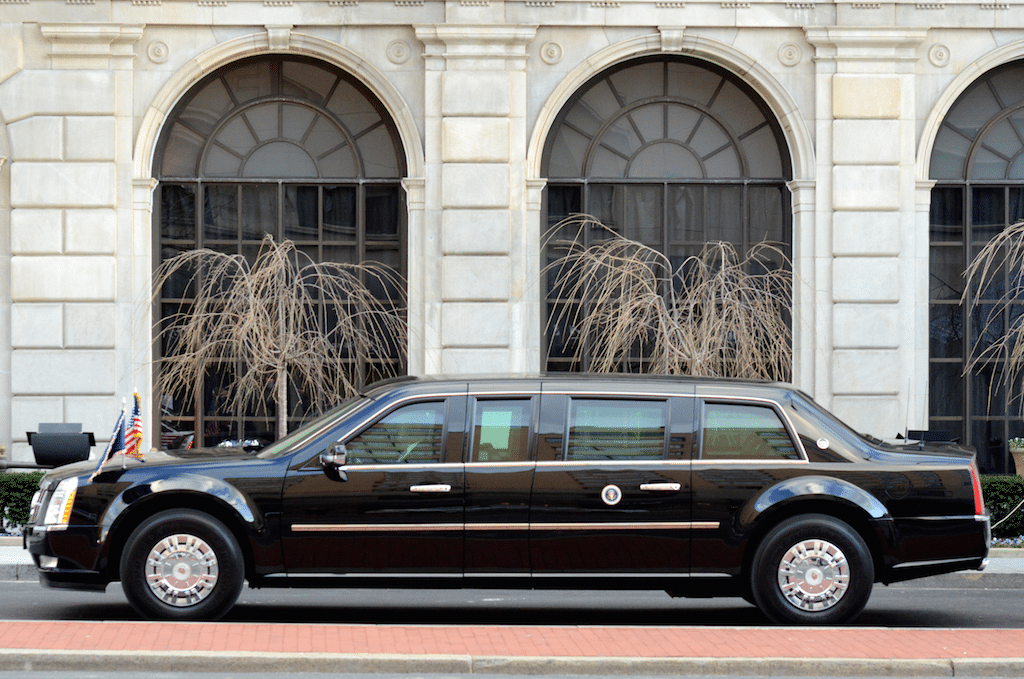Online Travel Agencies Must Pay $60 Million in Sales Tax to District of Columbia

Skift Take
Chalk up a victory for one big city and the hotel industry, which likes to see the online travel agencies' get squeezed. The case dealt with sales taxes on hotel sales and a not the more common occupancy taxes. It was harder for online travel agencies to argue they aren't "vendors" than it is for them to convince courts that they are not "hotel operators."
U.S.-based online travel agencies lost a hotel sales tax case in a high-profile jurisdiction -- the nation's capital.
Major online travel agencies, including Expedia, Priceline and Orbitz, will have to pay the District of Columbia more than $60 million in unpaid sales tax dating back to 1998, according to a July 23 ruling by the District of Columbia Court of Appeals.
The court upheld a Superior Court ruling that the online travel agencies are "vendors" that are subject to sales tax on the retail rates they charge consumers, including th
